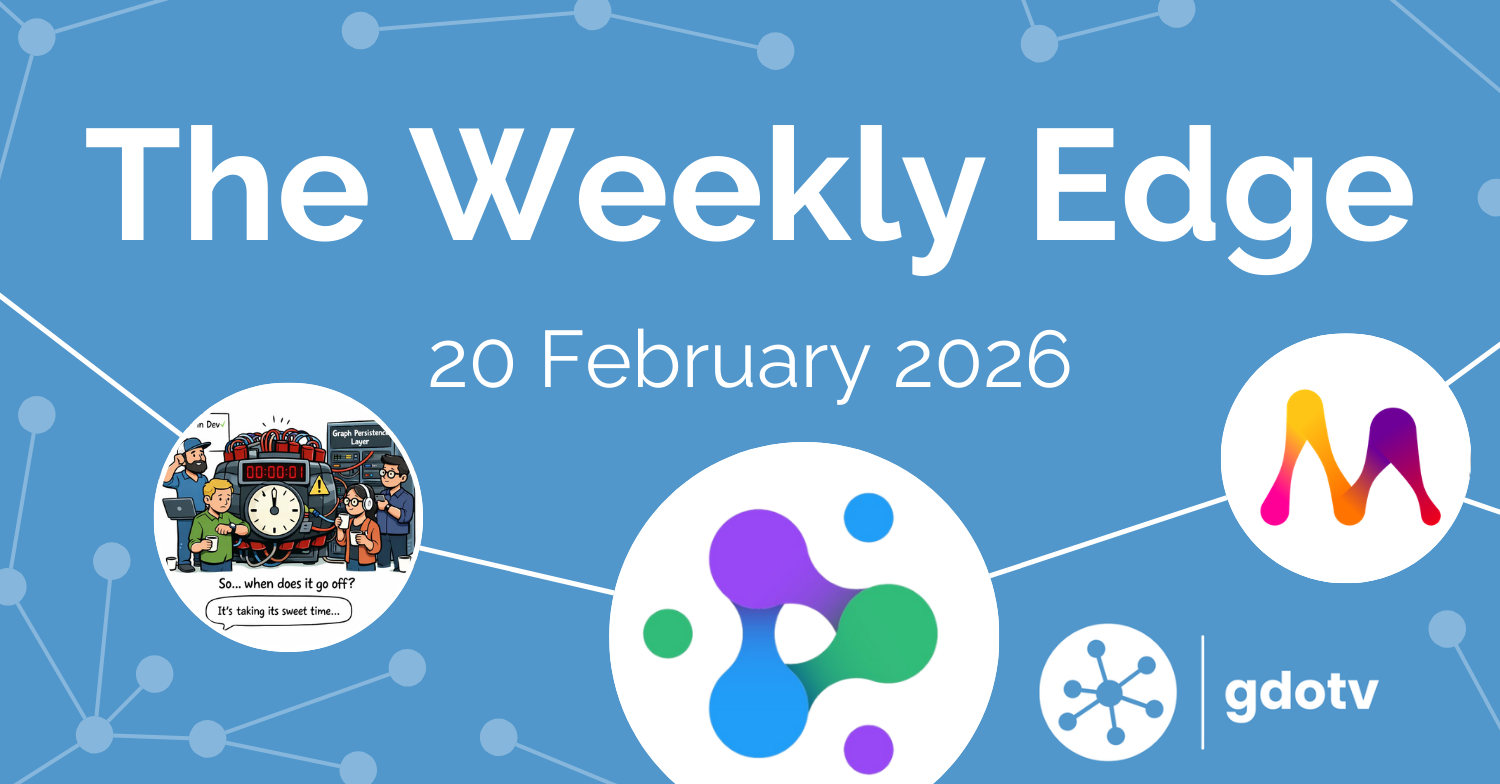The Weekly Edge: Neptune on R8g, Graph Learning, & More [29 August 2025]
![The Weekly Edge: Neptune on R8g, Graph Learning, & More [29 August 2025] The Weekly Edge: Neptune on R8g, Graph Learning, & More [29 August 2025]](https://gdotv.com/wp-content/uploads/2025/08/amazon-neptune-graph-learning-rdf-vs-lpg-weekly-edge-29-august-2025.jpg)
Listen up nodes, an edge is speaking: the Weekly Edge, that is.
This regular series is like your fyp for graph tech news, hot takes, and viral hits. Unlike your fyp, the Weekly Edge isn’t curated by an algorithm but by the flesh-and-blood humans at gdotv (including yours truly).
So, what’s happening this week in the world of graph technology? Here’s your rundown:
- FalkorDB shows you how to build a knowledge graph from scratch
- Amazon Neptune v1.4.5 gives you better write query performance on R8g
- New O’Reilly book on scaling graph learning
- Paco Nathan rides again (on a new podcast episode)
- Grab a cuppa and catch up with all the databases in one blog post
Let’s take a closer look.
Video: How to Build a Knowledge Graph from Structured & Unstructured Data [Code Tutorial]
Nothing against vectors, but we all know vector-only retrieval-augmented generation (RAG) returns incomplete (or inaccurate) answers in production applications. Traditional RAG works for semantic similarities but breaks down when it comes to understanding how entities are actually connected. Looks like GraphRAG just entered the chat.
But before you can get your GraphRAG game on, you need a knowledge graph. How do you do that? Our friends at FalkorDB put together this quick developer walkthrough video on how to build a knowledge graph using your existing data. Their code tutorial even comes with a neat Google Colab notebook and uses La Liga standings for their example dataset. ⚽If you’re new to the world of knowledge graphs, this is a great place to start!
Hardware News: 4.7x Write Query Price-Performance with R8g & Amazon Neptune
For the hardware geeks out there, you already know all about AWS Graviton4 R8g instances (that’s pronounced “are-eight-gee” for the uninitiated), but we now have the receipts on how R8g instances improve write query performance with Amazon Neptune graph database.
In this quick, numbers-intensive read, Dave Bechberger shows you how updates in Neptune version 1.4.5 can improve your graph database performance and reduce costs in terms of both write performance (4.7x) and read performance (3.7x). Dave provides loads of benchmarking numbers, stats, and charts for both openCypher and Apache TinkerPop™ Gremlin query languages (no SPARQL stats sadly).
Book: Scaling Graph Learning for the Enterprise
I promise I didn’t pick this one just because it had a pangolin on the front cover, but I’d be lying if I said it didn’t factor into the decision. The other factor: Another hot new book on graph technology has just dropped.
Since the beginning of (graph) time, people have been asking the same question of graph technology, “But, does it scale?” This new book from authors Ahmed Menshawy, Sameh Mohamed, and Maraim Rizk Masoud and published by O’Reilly Media tips the scales in favor of graph learning at scale. Drawing on their experience building scalable and production-ready graph learning pipelines, the authors take you through the process of building a robust graph learning system at your enterprise.
Blog Post: The Cambrian Explosion of Data Stores
I might have misled you with the subheader there: This isn’t a blog post. It’s a tome. In this week’s long read, Sanjeev Mohan has done what no man has dared yet attempt, let alone achieve: an all-out explanation of every data type and data store currently in existence (with an emphasis on OLTP use cases).
If you’re new to the world of backend tech, then this is the survey course to get you acquainted with the database industry landscape. Of course, Mohan covers graph technology, including graph databases, RDF, triple stores, graph algorithms, graph processing, and more, but now you get to see how and where graphs stack up against other data stores.
Podcast: Knowledge Cast with Paco Nathan
There are only two moods in which Paco Nathan will make a guest appearance on a podcast, and this episode of the Knowledge Cast (Spotify | Apple Podcasts) is definitely the second one.
If you’re not familiar with the Gandalf of Graph Technology, Paco Nathan is the Principal DevRel Engineer at Senzing, and in this conversation with Lulit Tesfaye at Enterprise Knowledge, Paco discusses graph trends, use cases for the semantic layer, how to convince a skeptical boss you need graph tech, and Paco’s legendary Wikipedia profile (which he doesn’t contribute to). Give it a listen wherever you get your podcasts.
That’s it for this week’s picks. Got something you want to nominate for inclusion in a future edition of the Weekly Edge? Ping us on on X | Bluesky | LinkedIn or email weeklyedge@gdotv.com.

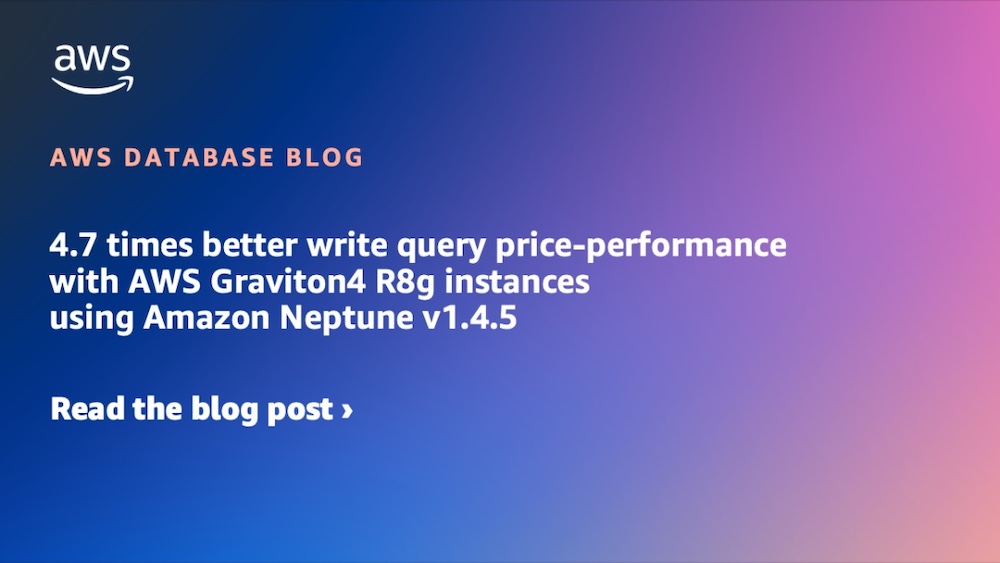
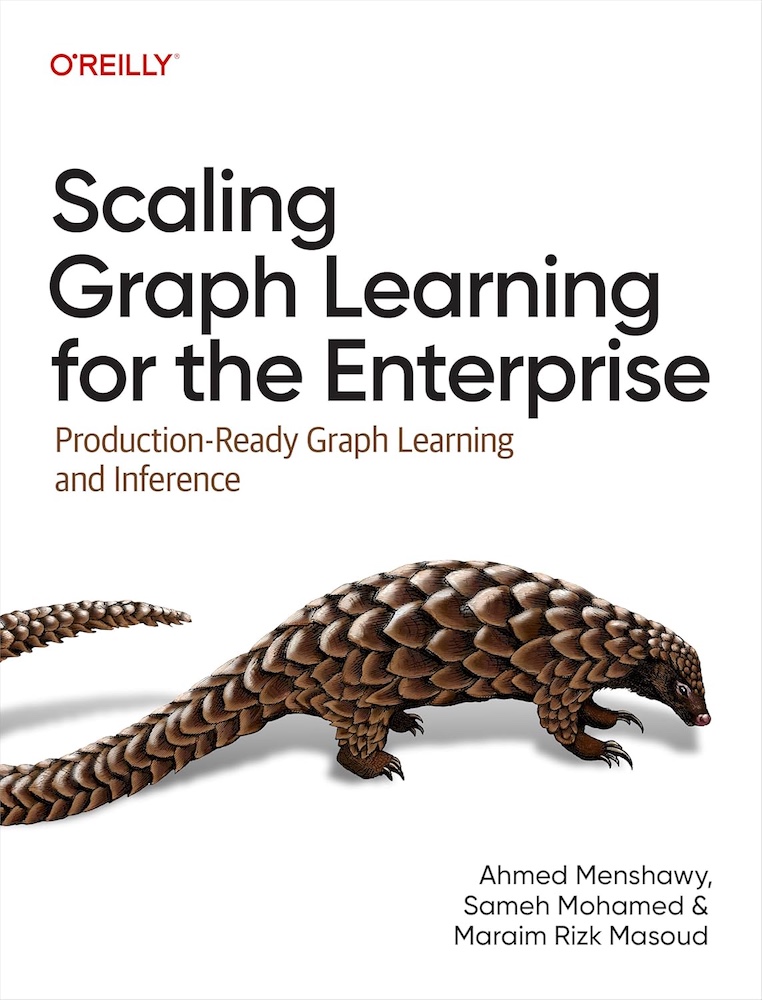
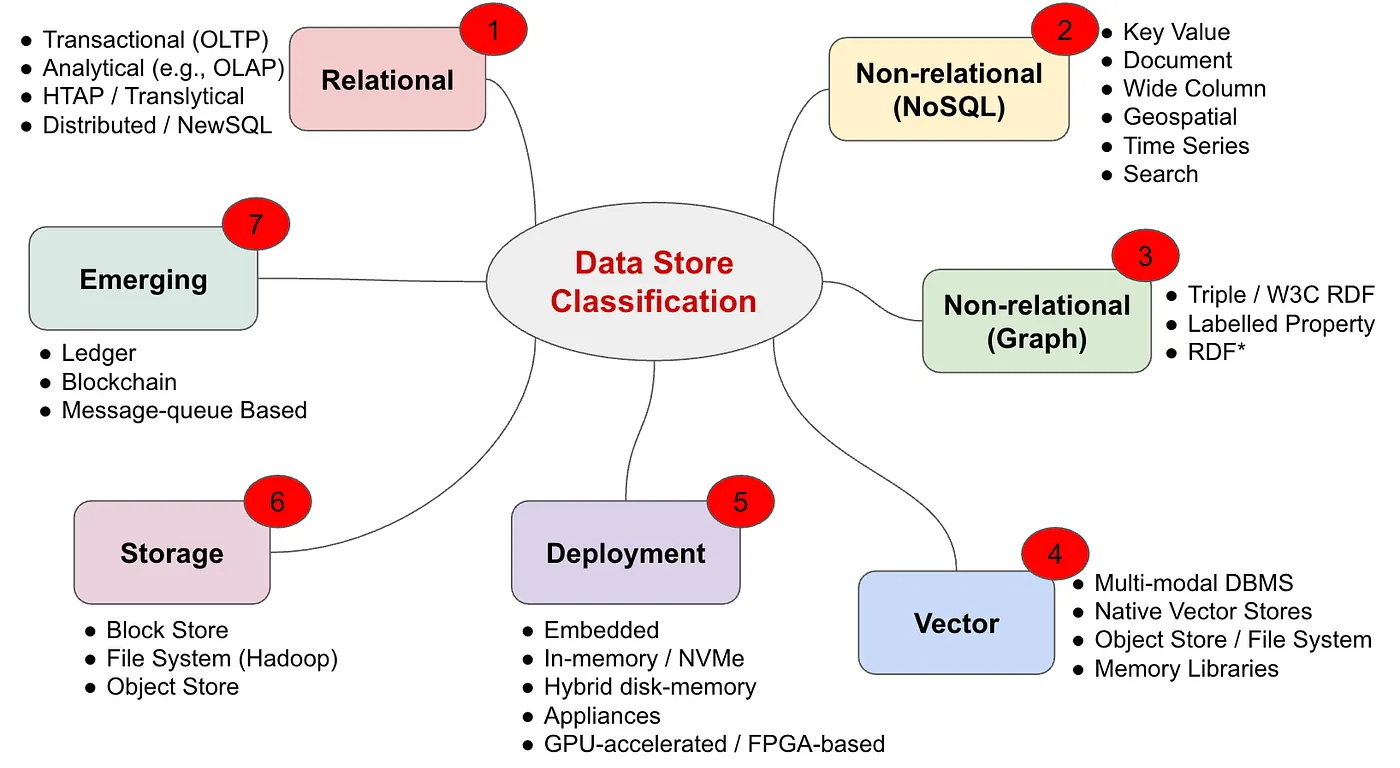
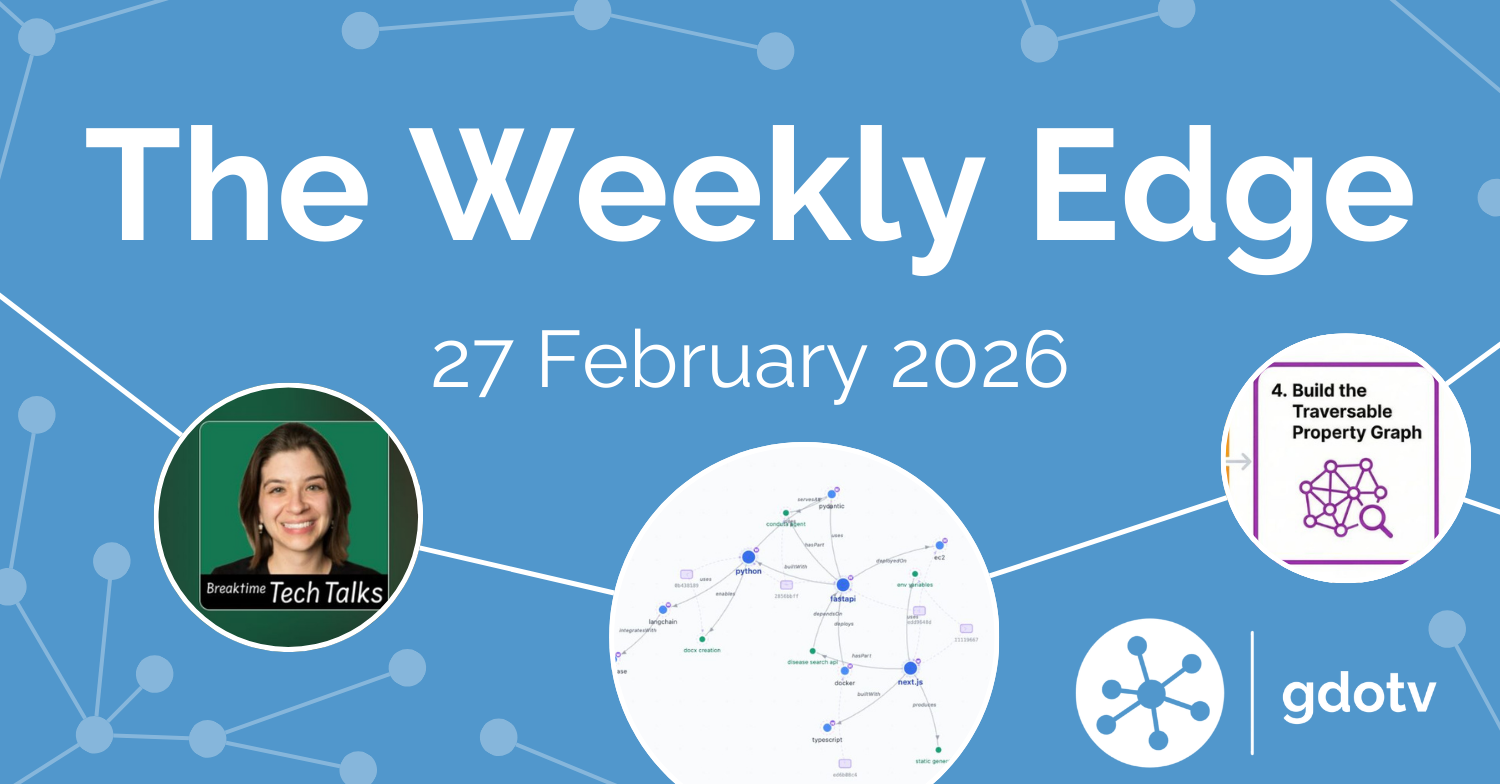
![Cypher DISTINCT: Removing Duplicates from Results [Byte-Sized Cypher Series] Cypher DISTINCT: Removing Duplicates from Results [Byte-Sized Cypher Series]](https://gdotv.com/wp-content/uploads/2026/02/distinct-clause-byte-sized-cypher-query-langauge-video-series.jpg)
